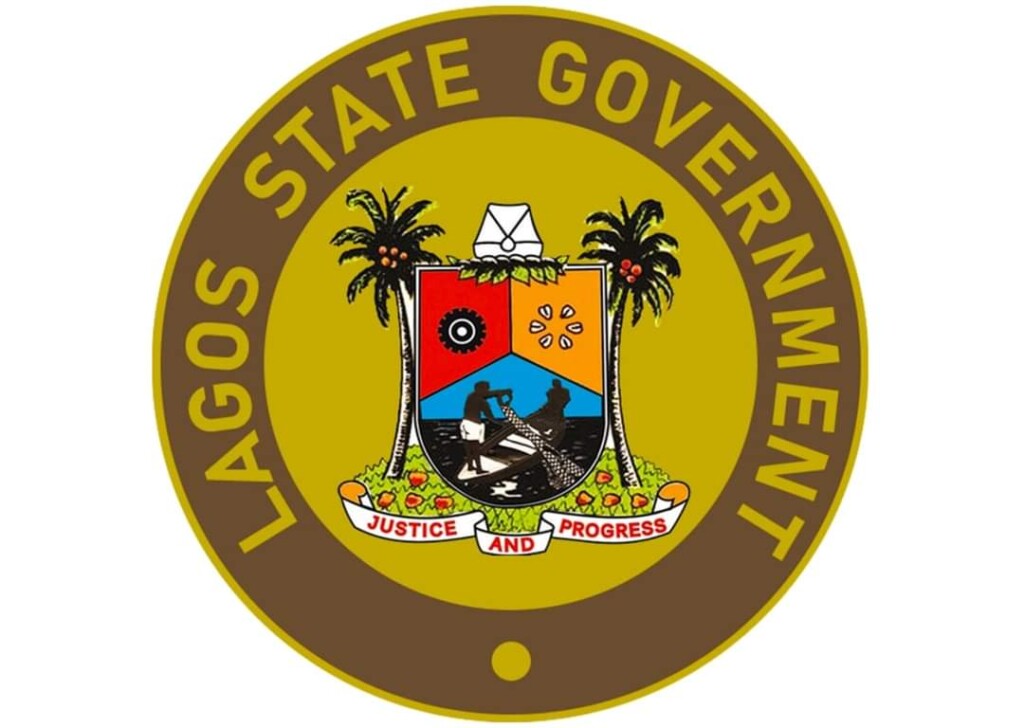Teachers in Lagos State have once again urged the state government to implement the approved extension of the retirement age for public school teachers from 60 to 65 years or alternatively, increase their years of service from 35 to 40. Describing the delay as “foot-dragging,” the teachers called for urgent action.
They also appealed for improved welfare packages, enhanced training opportunities, a more effective reward system, and better working conditions to uplift the status of the teaching profession. These demands were made by the Lagos State Chairman of the Nigeria Union of Teachers (NUT), Mr. Hassan Akintoye, during the third annual lecture held in honour of former National NUT President, Pa Michael Alogba Olukoya.
Themed “Revitalising Basic Education: Addressing Decline in Students’ Performance and Promoting Excellence,” the event took place at the NUT Pavilion in Ikeja.
Dignitaries in attendance included the Lagos State Deputy Governor, Dr. Obafemi Hamzat (represented by the Commissioner for Basic and Secondary Education, Mr. Jamiu Ali-Balogun); the Head of Service, Mr. Olabode Agoro (represented by TESCOM Permanent Secretary, Mrs. Bopo Oyekan-Ismaila); the Executive Chairman of Lagos SUBEB, Dr. Hakeem Shittu; and the TESCOM Chairman, Mrs. Victoria Peregrino.
Others present were Professor Samuel Odewunmi, former Dean of the School of Transport and Logistics at LASU, who delivered the keynote address; Mrs. Angelou Ezeilo, Co-President of Ashoka Africa; Mr. Abiodun Hassan, Tutor-General and Permanent Secretary, Education District V; Mr. Segun Raheem, National Treasurer of NUT; and Mrs. Modupe Olukoya.
In his remarks, Mr. Akintoye stressed that many states had already adopted the new retirement age and called on Lagos—often seen as a trailblazer—to lead by example. While acknowledging the state’s efforts in education over the past six years, including timely payment of salaries and capacity-building efforts, he insisted that the delay in implementing the retirement policy was unjustified.
He emphasized that implementing the policy, improving teacher welfare, and formally recognising exceptional teachers would not only motivate the workforce but also help retain experienced educators and curb talent loss in the sector.
He noted that the policy was signed into law by former President Muhammadu Buhari in 2023, with all states required to domesticate it. However, Lagos and some other states are yet to comply, more than four years after.
Akintoye criticised the delay, saying it sends the wrong message to dedicated teachers. He also expressed concern over the high failure rate in the recently released May/June WASSCE results, urging all stakeholders to move past blame and collaborate on practical solutions.
He criticised the West African Examinations Council (WAEC) for sanctioning school principals over exam malpractice without offering them a chance to defend themselves, calling it a breach of fairness. He stated that the lecture series provides a platform for stakeholders; educators, policymakers, administrators, and development partners to evaluate past strategies, identify gaps, and propose new solutions to strengthen basic education as a driver of national development.
Mr. Akintoye thanked the guest speakers and paid tribute to Pa Olukoya, in whose honour the lecture was organised.
In his address, the Deputy Governor of Lagos State, represented by Commissioner Ali-Balogun, expressed concern over the decline in students’ performance in WAEC examinations. He called on teachers, parents, and students to be more accountable and work together to reverse the trend.
He acknowledged existing challenges such as poverty, parental neglect, cultism, drug abuse, and indiscipline, even at the primary school level. However, he urged all stakeholders to take deliberate steps to improve academic performance and instill positive values in children.
He reaffirmed the government’s commitment to continued investment in education—both in human capital and infrastructure, including ICT in public schools—and to creating an enabling environment for private actors to contribute meaningfully to the sector.
He stressed that today’s decisions will shape the future of the next generation, making it imperative to act now.
Professor Odewunmi, in his lecture titled “Declining Standard and Outcomes of Basic Education: Interrogating the Issues and Fault Lines,” outlined the multifaceted challenges facing basic education in Nigeria, adding that Lagos is not exempt.
He criticised the discontinuation of the NCE (National Certificate in Education) programme in Lagos, warning that its impact on education quality will become more evident in the years ahead.
He identified key problems including poor literacy and numeracy levels, poor exam performance, inadequate infrastructure, overcrowded classrooms, and high dropout rates. If left unresolved, he warned, these issues would worsen poverty, inequality, and insecurity and undermine the country’s ability to meet Sustainable Development Goal 4: Quality Education.
Calling the situation a “national emergency,” he urged collective and immediate action.
In his response, Pa Olukoya expressed his appreciation for the lecture, saying it was one of the greatest honours he had received. He thanked the Lagos NUT for the thoughtful gesture and extended his gratitude to all attendees, including his wife, Mrs. Modupe Olukoya.
He noted that the impact of the lecture series would endure and inspire future generations.





